Insulin Resistance
Insulin resistance (IR) in horses has become fairly common. Most horse owners have heard of insulin resistance. However, do you know exactly what insulin resistance is? It occurs when the body is exposed to too much glucose (sugar) on a regular basis, and the cells sensitivity to insulin is reduced, which in turn causes the body to produce too much insulin and leaves high levels of glucose and insulin in the bloodstream. In a healthy body, when a horse eats, insulin is produced in response to the glucose in the blood. Insulin, in turn, regulates the uptake of glucose into the cells to provide energy. Excess energy then turns into fat. It is important to note that glucose is the primary energy source for the body, so you can't cut all types of feed that break down to glucose completely out of the diet (which would be impossible). However, you can reduce the amount of glucose dramatically to help an IR horse, provide feeds that don't have high levels of rapidly-fermentable carbohydrates which break down quickly and easily into glucose.
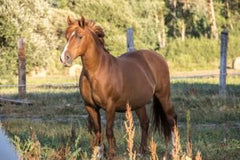
The Role of Selenium in Glucose Metabolism
A mineral that oftentimes is overlooked when considering an IR horse is selenium. A horse should receive 3 mg of organic selenium per day. Selenium is a crucial mineral for the conversion of the inactive form of thyroid hormone, T4, to the active 'form, T3. Thyroid hormones play a major role in glucose metabolism. Thyroid hormones up-regulate the expression of genes that are involved in glucose transport and glycolysis. These hormones act synergistically with insulin to facilitate the utilization of glucose. In selenium-deficient horses, the active form of thyroid hormone, T3, isn't produced at optimal levels, which in turn can cause hypothyroid symptoms. As you can imagine, an IR horse that is selenium deficient is in real trouble. By providing an IR horse adequate levels of selenium your horse has a better chance at producing adequate amounts of T3 to help aid in glucose metabolism and reduce the overall stress on the body.
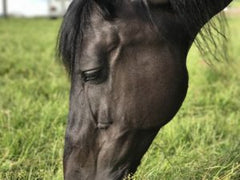
Putting Together a Healthy Diet for an Insulin Resistance Horse
For an IR horse, dietary and weight management are key to keeping a healthy horse and preventing laminitis. You don't want to provide your horse with a ton of extra calories, but need to make sure that all of his vitamin and mineral needs are being met to help mitigate insulin resistance to the best of the body's ability.Recommendations on Management of an IR Horse:
- Reach and maintain a healthy weight: Obesity worsens insulin resistance
- Exercise your horse on a daily basis: Exercise burns glucose and increases insulin sensitivity
- Feed a high forage diet: Warm-season grass hays, such as Bermuda and Teff, are lower in sugars and ideal for IR horses
- Eliminate concentrates if your horse obese; however, if a concentrate is needed to maintain a healthy body condition choose a high fat, low carbohydrate concentrate, such as Glow
- Be very careful with green pasture: IR horses are very susceptible to foundering on green grass
- Provide your horse with the vitamin-mineral supplement, Horse Guard, that will ensure all his nutritional needs are being met

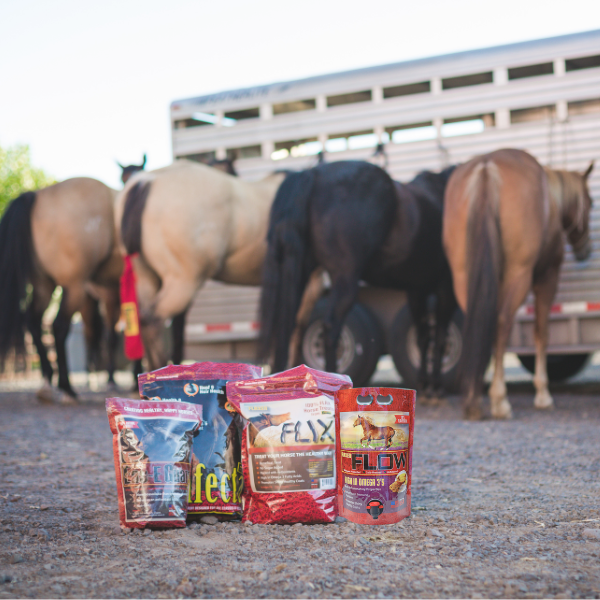
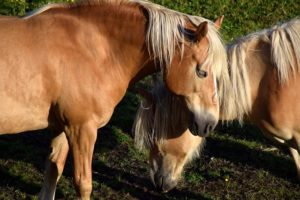

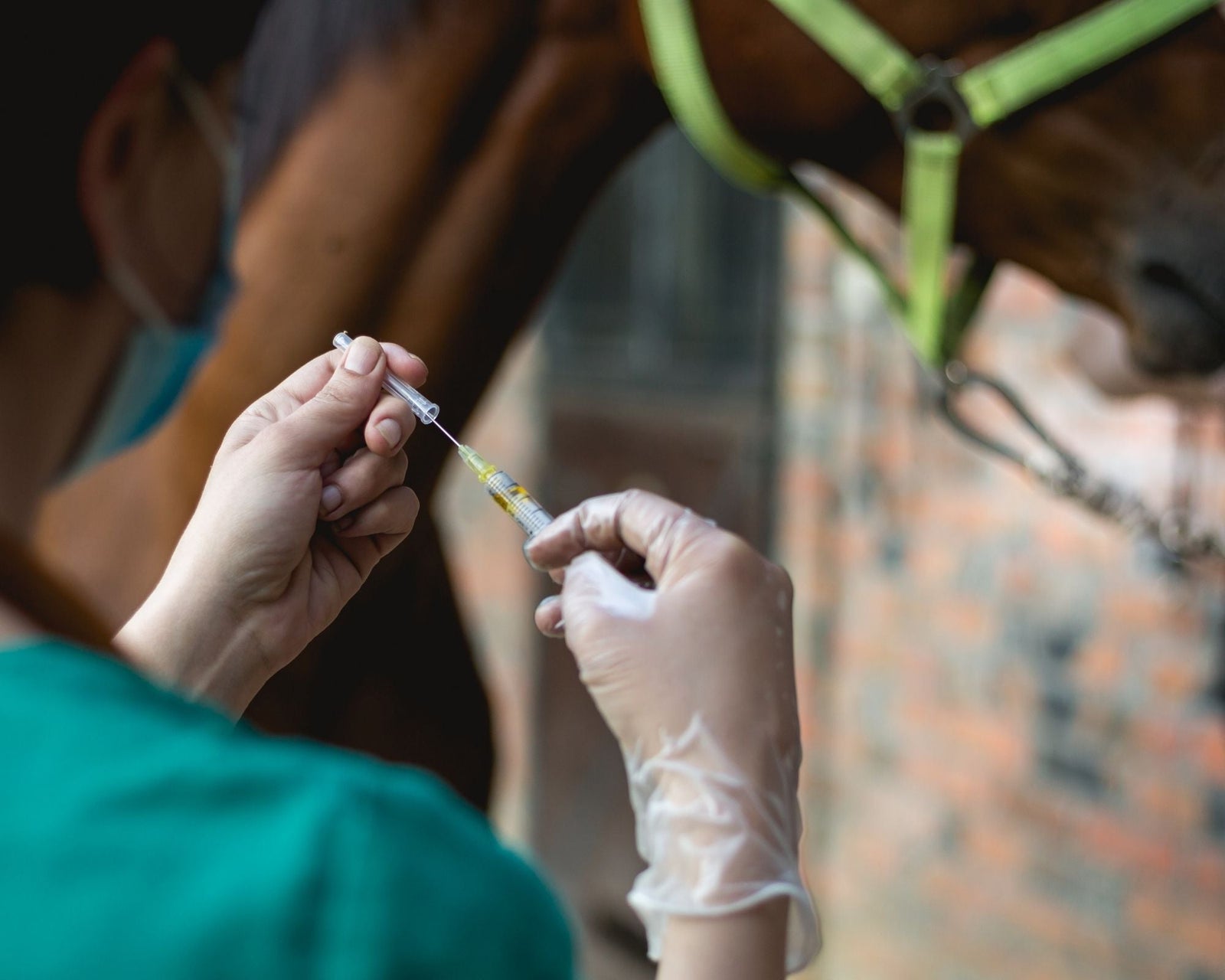
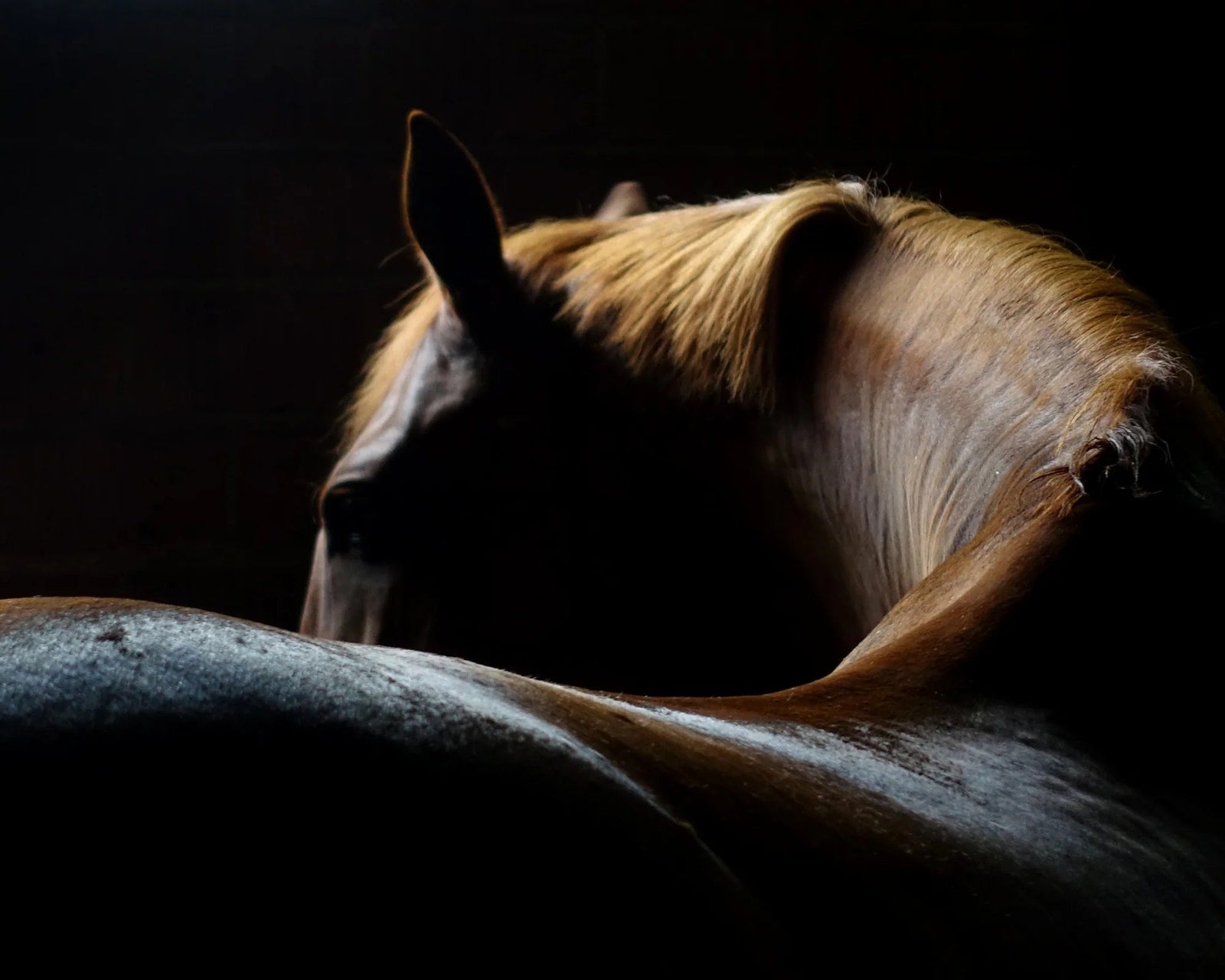
Leave a comment (all fields required)